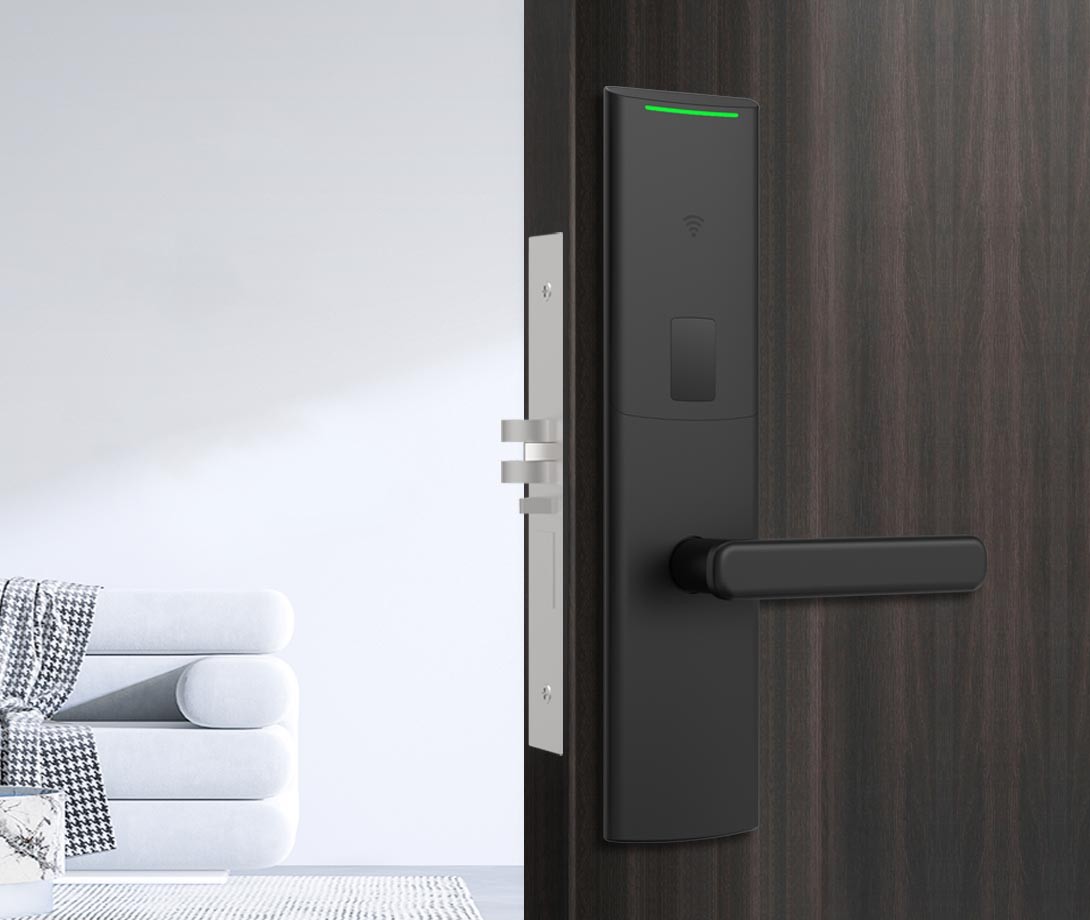Do Digital Locks Have a Key? Understanding Modern Locking Mechanisms
Introduction
In today’s increasingly connected world, digital locks have become a popular alternative to traditional mechanical locks. They offer convenience, enhanced security, and smart features that appeal to homeowners and businesses alike. But one common question arises: Do digital locks have a key?
The answer isn’t straightforward—some digital locks are purely keyless, while others include a physical key as a backup. This article explores the different types of digital locks, their security features, and whether they still rely on traditional keys.
What Are Digital Locks?
Digital locks, also known as electronic locks, use electronic mechanisms rather than traditional keys to secure doors. They can be operated via:
- PIN codes (entered on a keypad)
- Smartphone apps (via Bluetooth or Wi-Fi)
- Biometric scanners (fingerprint or facial recognition)
- RFID cards or fobs (similar to hotel keycards)
- Voice commands (when integrated with smart home systems)
Unlike mechanical locks, which require a physical key to turn the locking mechanism, digital locks rely on electronic signals to grant or deny access.
Do Digital Locks Have a Physical Key?
This depends on the type of digital lock:
1. Fully Keyless Digital Locks
Some digital locks are designed without any keyhole, meaning they operate entirely through electronic access methods. These locks are often used in high-security environments or smart homes where keyless convenience is prioritized.
Pros:
- No risk of lock picking (since there’s no keyhole)
- No need to carry or lose physical keys
- Easier to manage access (e.g., granting temporary codes)
Cons:
- If the battery dies or the system malfunctions, entry may be difficult without a backup method
- Power outages could affect functionality (unless they have a battery backup)
2. Hybrid Digital Locks (With a Key Backup)
Many digital locks include a traditional keyhole as a backup in case of:
- Dead batteries
- System failure
- Forgotten passcodes
This hybrid approach ensures that users always have a way to access their property, even if the electronic system fails.
Pros:
- Added reliability in emergencies
- Familiar backup option for users who prefer keys
- Still offers the convenience of keyless entry
Cons:
- The keyhole could potentially be picked, reducing security
- Requires keeping track of a physical key
Are Digital Locks More Secure Than Traditional Locks?
Digital locks offer several security advantages:
No physical key duplication risk – Unlike traditional keys, which can be copied, digital access methods (like fingerprints or one-time codes) are harder to replicate.
Remote access control – Many smart locks allow users to monitor and control access from anywhere, revoking permissions instantly if needed.
Tamper alerts – Some digital locks send notifications if someone tries to force entry or enters incorrect codes repeatedly.
However, digital locks are not immune to risks:
Hacking vulnerabilities – Poorly secured Wi-Fi or Bluetooth connections could be exploited by tech-savvy intruders.
Battery dependency – If not maintained properly, a dead battery could lock users out (unless there’s a key backup).
What Happens If a Digital Lock Fails?
If a digital lock malfunctions, the solution depends on its design:
- Key backup models – Simply use the physical key.
- Battery-powered models – Many have external battery ports for emergency power.
- Fully keyless models – May require contacting the manufacturer or a locksmith for override access.
To avoid lockouts:
- Regularly check battery levels.
- Keep backup access methods (like a spare RFID card or secondary code).
- For smart locks, ensure firmware is updated to prevent software glitches.
Conclusion: Should You Choose a Digital Lock With or Without a Key?
The choice depends on your priorities:
Go fully keyless if:
- You want maximum security without a pickable keyhole.
- You trust electronic systems and have backup power solutions.
Choose a hybrid model (with a key) if:
- You prefer having a reliable backup.
- You live in an area with frequent power outages.
Digital locks provide a modern, flexible alternative to traditional keys, but whether they include a physical key depends on the model. By understanding the pros and cons of each type, you can select the best option for your security needs.
Would you prefer a keyless digital lock or one with a backup key? Let us know in the comments!
Post time: Jul-08-2025


